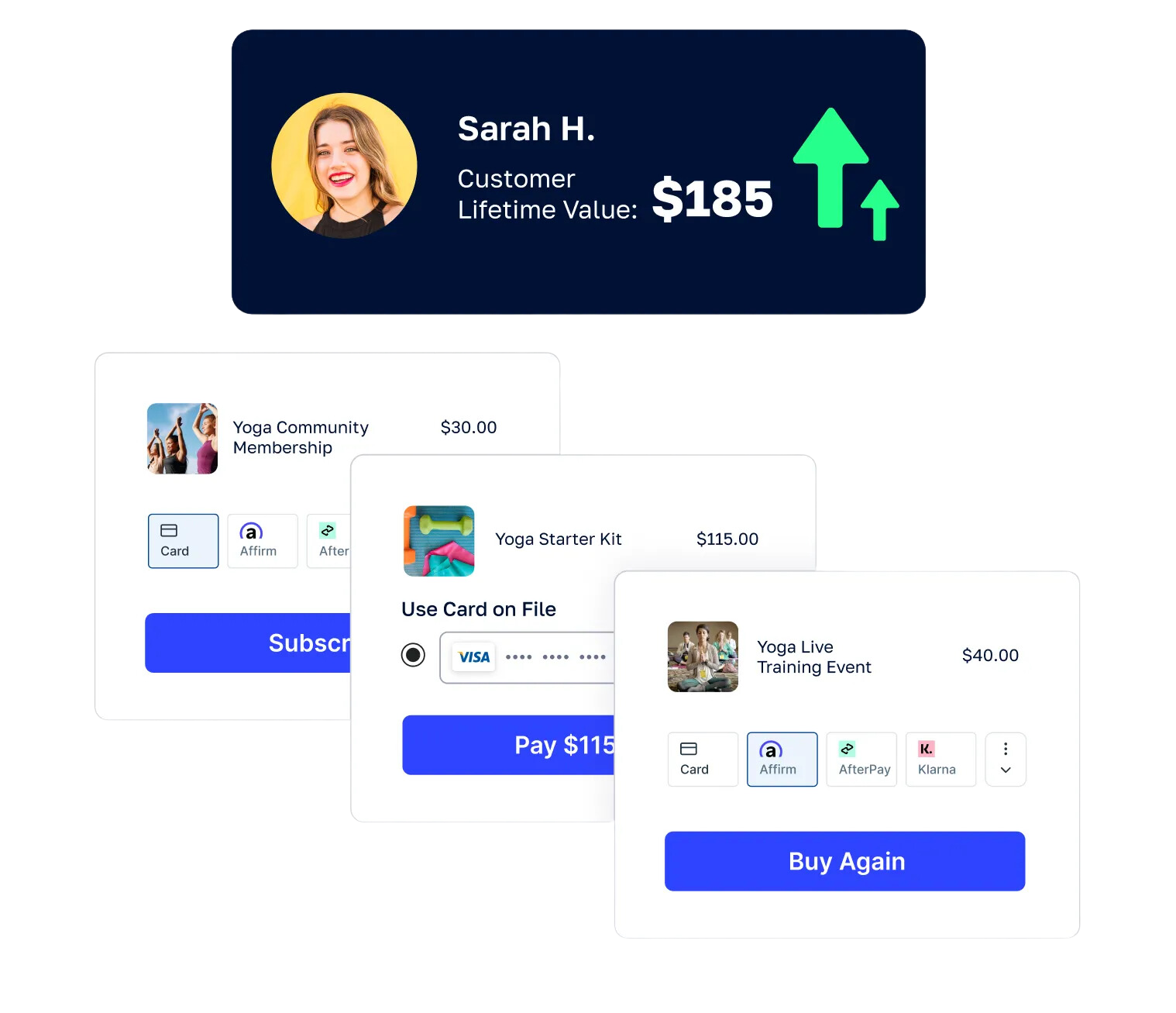AutomationLinks
This blog post has been researched, edited, and approved by expert Hannah Peake. Join our newsletter below to get our free marketing guides.
4 Simple Tips for building brand authority
- Develop a Distinct Brand Voice: Understand your audience and reflect your brand’s values and mission in your communication to create a unique brand voice.
- Create Diverse, Quality Content: Engage your audience with a mix of content types like blogs, videos, and infographics, focusing on relevance and quality to establish your expertise.
- Optimize for SEO: Use basic SEO strategies such as keyword research, quality content, and a mobile-friendly website to enhance your online visibility and attract your target audience.
- Utilize Social Proof:
Build trust and credibility by showcasing customer testimonials, reviews, and case studies, and engage in partnerships and collaborations to widen your reach.
Table of contents
- Introduction
- Understanding Brand Authority
- Establishing Your Brand's Voice and Identity
- Content is King
- Leveraging Social Proof
- SEO and Online Visibility
- Conclusion
- Frequently Asked Questions (FAQs)
The Power of Brand Authority in Today's Market
In a world where 59% of consumers prefer to buy new products from brands familiar to them, establishing brand authority has never been more crucial. This striking statistic highlights a fundamental shift in consumer behavior, underscoring the importance of not just being known, but being known for the right reasons.
What is Brand Authority?
At its core, brand authority is about building a trusted reputation in your industry. It's the process of establishing your brand as a leader and expert in your field. But why does this matter? In today's digitally-driven marketplace, consumers are bombarded with endless choices. A strong brand authority cuts through this noise, guiding consumers towards your products or services as a trusted solution.
Brand authority is not just about being visible; it's about being valued. It's the difference between a consumer knowing your brand name and believing in what your brand stands for. This belief system is what turns casual browsers into loyal customers, and loyal customers into brand advocates.
Connect With Us On X
Connect with AutomationLinks owner Brad Smith on X (formerly Twitter) here to learn more about advertising. Feel free to message him with any questions about X advertising and marketing.
What is Brand Authority?
Brand authority is the level of trust and expertise your brand commands in its niche. It’s not just about being recognized, but about being recognized as a knowledgeable and reliable leader in your field. This reputation is built over time through consistent, valuable interactions with your audience and stakeholders. In the digital age, this often translates to high-quality content, engaging social media presence, and positive customer experiences online.
Brand Authority vs. Brand Awareness
While often mentioned in the same breath, brand authority and brand awareness are distinct concepts. Brand awareness is about how many people know about your brand, while brand authority is about how people perceive your brand. Think of it as the difference between being known and being respected. For instance, a brand might be widely recognized due to extensive advertising (high brand awareness), but without a corresponding reputation for quality and expertise, it may not have high brand authority.
Real-Life Examples of Brand Authority
A classic example of successful brand authority building is Apple. Known for its innovative technology and sleek design, Apple has positioned itself as a leader in the tech industry. Customers don’t just recognize the Apple logo; they associate it with quality, innovation, and status. Another example is Google. It's not just a search engine; it's synonymous with finding information online, often verbified as "Google it." This level of brand authority is the gold standard – where your brand becomes the go-to in your industry.
Establishing Your Brand's Voice and Identity
Creating a unique brand voice and identity is vital to establishing authority in your market. This section delves into actionable tips to define these elements and strategies to maintain consistency across various platforms.
Defining Your Brand’s Unique Voice and Identity:
- Understand Your Audience: Your brand voice should resonate with your target audience. Understand their needs, preferences, and language style.
- Reflect Your Core Values: Let your brand's mission and values guide the tone and personality of your communication.
- Be Authentic: Authenticity builds trust. Ensure your brand voice genuinely reflects what your brand stands for.
- Differentiate from Competitors: Analyze your competitors' voices and find a unique angle for your brand.
The Role of Storytelling in Building Brand Identity
Storytelling is a powerful tool for humanizing your brand and creating an emotional connection with your audience. It allows you to weave your brand values and vision into narratives that are relatable and engaging. Whether it's the story of your brand's inception, customer success stories, or the journey of your products, each story adds depth to your brand identity.
Strategies for Maintaining Consistency Across Platforms:
- Brand Guidelines: Develop comprehensive brand guidelines that cover tone of voice, visual elements, and messaging strategies.
- Regular Audits: Regularly audit your content across all platforms to ensure alignment with your brand voice and identity.
- Employee Training: Train your team to understand and use your brand voice consistently in their interactions and content creation.
- Adapt to Platform Nuances: While maintaining a consistent voice, adapt your message to fit the specific style and audience of each platform.
Content is King
In the realm of digital marketing, content reigns supreme. This section explores the pivotal role of high-quality content in establishing brand authority, the variety of content types that can amplify your brand's presence, and the importance of a well-structured content calendar for consistency.
The Impact of High-Quality, Valuable Content
High-quality content not only attracts but also retains audience interest, establishing your brand as a reliable source of information. This credibility is essential in building brand authority. Content that is informative, engaging, and relevant to your audience positions your brand as an industry thought leader. It’s not just about the quantity of the content you produce but the value it offers to your audience.
Diverse Content Types to Boost Your Brand
- Blogs: An effective way to share in-depth insights, news, and tips related to your industry.
- Videos: With the rising popularity of visual content, videos can be a dynamic way to showcase your products, share tutorials, or tell stories.
- Podcasts: Offering a more personal touch, podcasts can be a great medium to discuss industry trends, interview experts, or share stories.
- Infographics and E-books: These can simplify complex data and provide valuable resources to your audience.
- Social Media Content: Engaging posts, stories, and live sessions on social media platforms can enhance your brand’s visibility and interaction with the audience.
Creating a Content Calendar for Consistency
A content calendar is crucial for maintaining a consistent posting schedule. Here's how to create one:
- Set Clear Objectives: Determine what you want to achieve with your content - be it brand awareness, customer engagement, or thought leadership.
- Plan Content Types and Topics: Based on your objectives and audience interests, plan out the types of content and topics you want to cover.
- Schedule and Allocate Resources: Decide on the frequency of posts and allocate resources for content creation and management.
- Monitor and Adapt: Regularly review the performance of your content and adapt your strategy accordingly.
Leveraging Social Proof to Enhance Brand Authority
Social proof is a powerful tool in building brand credibility and authority. This section outlines how to leverage customer reviews, testimonials, user-generated content, and collaborations to bolster your brand's reputation.
Harnessing the Power of Customer Reviews, Testimonials, and Case Studies
- Customer Reviews: Encourage customers to leave reviews on your website or platforms like Google and Yelp. Positive reviews increase trustworthiness and attract new customers.
- Testimonials: Feature testimonials prominently on your website and marketing materials. Real customer experiences add a personal touch and validate your brand's value.
- Case Studies: Publish detailed case studies that showcase your success stories. These not only demonstrate your expertise but also provide tangible evidence of your product or service's effectiveness.
Effectively Using User-Generated Content
User-generated content (UGC) like customer photos, videos, and social media posts, can be a goldmine for brands. It’s authentic, relatable, and builds community. Here’s how to make the most of UGC:
- Encourage Sharing: Motivate your customers to share their experiences with your brand online.
- Curate and Feature: Regularly curate UGC and feature it on your platforms, giving credit to the original creators.
- Create Campaigns: Design campaigns or contests that encourage UGC, engaging your audience creatively.
Expanding Reach and Credibility Through Collaborations and Partnerships
Collaborations with other brands, influencers, or industry experts can significantly expand your reach and enhance credibility.
- Strategic Partnerships: Partner with companies or individuals that align with your brand values and have a complementary audience.
- Influencer Collaborations: Work with influencers to tap into their follower base and gain endorsement from a trusted source.
- Co-Creation of Content: Collaborate on creating content such as webinars, podcasts, or joint social media campaigns. This not only broadens your audience but also pools resources and expertise.
SEO and Online Visibility
Optimizing your online presence through Search Engine Optimization (SEO) and leveraging various digital platforms are key to building brand authority. This section covers essential SEO strategies, the importance of a mobile-friendly website, and how to effectively use social media and other platforms for improved visibility.
Basic SEO Strategies for Improved Visibility
- Keyword Research: Identify and incorporate relevant keywords that your target audience is searching for.
- Quality Content: Create high-quality, informative content that aligns with those keywords.
- On-Page SEO: Optimize individual web pages (titles, meta descriptions, headers) to rank higher and earn more relevant traffic.
- Backlinks: Build a network of backlinks from reputable sites to enhance your site’s authority.
- Local SEO: If applicable, optimize for local search to attract nearby customers (e.g., Google My Business listings).
The Importance of a Mobile-Friendly Website
With over half of global web traffic coming from mobile devices, having a mobile-friendly website is no longer optional. A mobile-responsive design:
- Improves User Experience: Ensures that your site is easily navigable on smartphones and tablets.
- Boosts SEO Rankings: Search engines like Google favor mobile-friendly websites in their rankings.
- Increases Engagement and Conversion Rates: A smooth mobile experience can lead to longer visit times and higher conversion rates.
Conclusion: Empowering Your Brand's Authority Journey

As we wrap up this comprehensive guide on building brand authority, let's revisit the key strategies that can set your brand apart in a competitive digital landscape.
Recap of Key Strategies
- Understand and Establish Brand Authority: Recognize the importance of being seen as a leader in your field.
- Develop a Strong Brand Voice and Identity: Create a unique and consistent voice that resonates with your audience.
- Invest in Quality Content: Embrace diverse content formats to engage and inform your target market.
- Leverage Social Proof: Utilize customer reviews, testimonials, and collaborations to build trust and credibility.
- Implement SEO and Enhance Online Visibility: Apply basic SEO strategies and ensure your website is mobile-friendly to reach a wider audience.
Each of these steps plays a pivotal role in elevating your brand's stature and influence in the market.
Putting Strategies into Action
Now is the perfect time to start applying these strategies to your business. Whether you’re refining your brand voice,
optimizing your website for SEO, or engaging more deeply with your audience through quality content and social proof, every step you take is a move toward establishing a formidable brand authority.
AutomationLinks
AutomationLinks is a digital marketing agency located in Wilmington North Carolina. We have worked with over 6,000 businesses and nonprofits over the last 10 years. We believe in a relationship marketing approach to help you turn visitors into customers using automation.





















